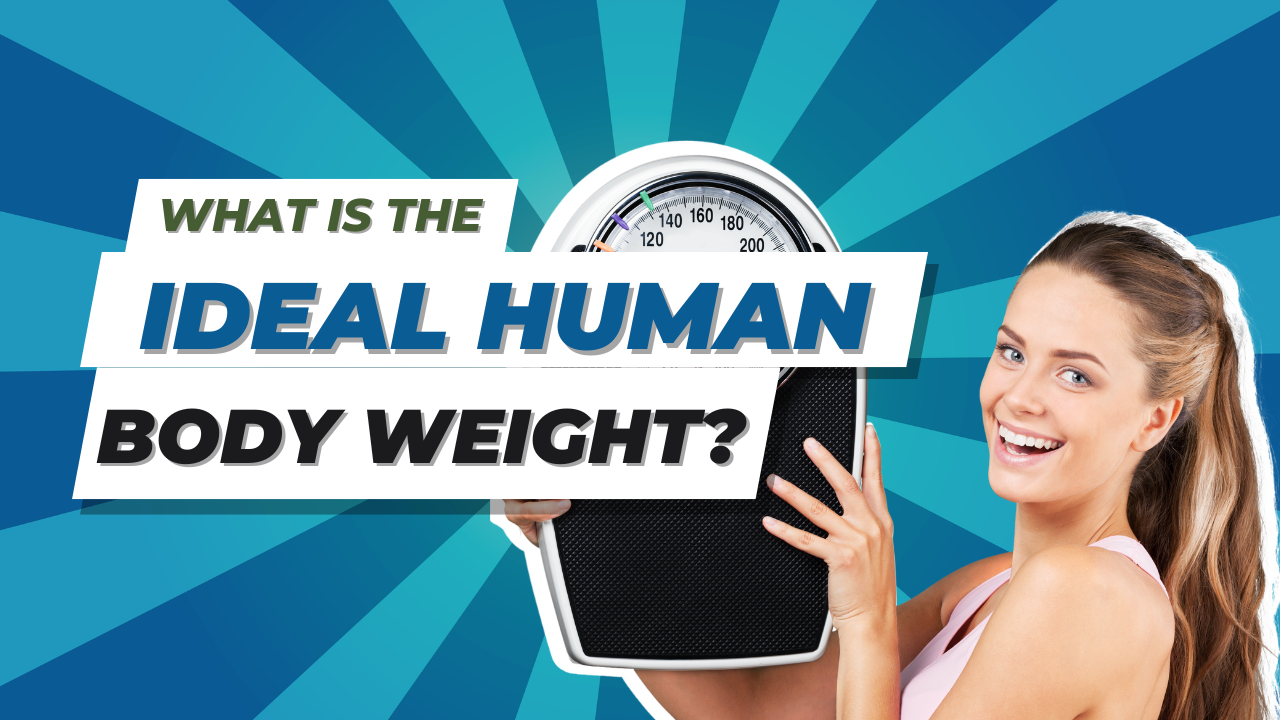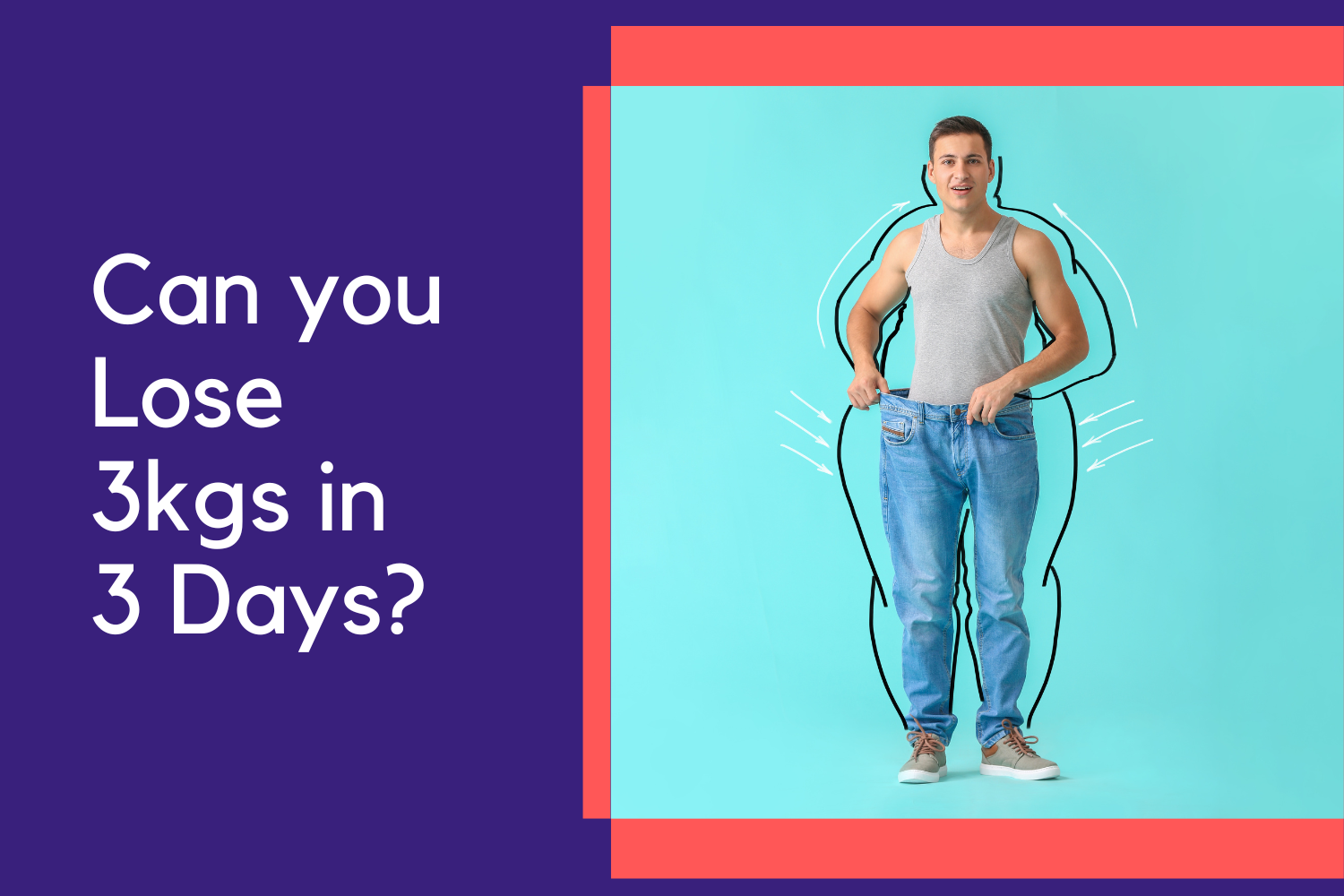by Preetpal Sandhu CSCS
Fat Loss vs Weight Loss: What are you losing?
Ever wondered why achieving your fitness goals is has always been a struggle? Well, there could be different reasons, the most imperative being lack of knowledge.
Most people tend to work out with the target of fat loss but end up with weight loss instead. Surely, they are in better shape, but not necessarily fit. So, with the help of experts, here’s helping you understand the difference b/w weight loss and fat loss, and how to go over it to achieve the desired results.
Weight loss
Your body weight can be termed as the sum of the weight of your muscles, bones, organs and the amount of water your body retains.
Weight loss = Fat loss + Muscle loss + Water loss
Fat loss
As the term suggests, it’s the loss of the body fat that you carry.
Fat loss = Reduction of body fat stored
Let’s focus on fitness
Remember when we said, weight loss
doesn’t always mean you are fit. A fit body has lower levels of fat percentage, 15% to 20% for women and 10% to 15% for men. Your fat percentage is the measurement of how fit and in which shape your body is.
Bodyweight is actually the weight of the water in your body. Hence, after dieting you feel like you have lost weight instead you lose water weight. Carbohydrates also tend to bind with water, which leads to weight gain.
Hence the reducing carbohydrate intake in your diet leads to a loss in weight. This is the main principle of many diets.
Hence, focus on losing fat!
The ideal method to achieve this is indulging in a combination of weight training and cardio exercises. Strength training is necessary because it helps you to gain muscle mass and lose fat at the same time.
So, now we guess you know the difference between weight loss
and fat loss and can identify why two people with the same height and weight can still look different
5 Tips for Fast Fat Loss
Rule #1: Burn more calories than you eat
Weight loss
is simple: burn more calories than you consume, you’ll drop pounds. But too many guys still underestimate how much calories they actually eat and overestimate how many calories they burn. Count up exactly how many calories you’re actually consuming. You may be surprised.
Cutting back on your portion sizes and limit your carbs while increasing your protein intake and cutting any junk or processed food you’re eating should be the first to go.
Rule #2: Eat more protein
High-protein foods are one of the most important for losing fat. First, they help you feeling full, which prevents overeating and needless snacking.
Second, they boost your calorie burn rate because protein uses more energy to digest than carbs or fat.
Third, when accompanied by strength training, a high-protein diet prevents muscle loss that otherwise may happen when you suddenly cut down your calories intake.
Eat at least 1.2 gram of protein per kg of your body weight and get your protein from whole sources like lean meats, eggs, fish, and protein powders
Rule #3: Eat more healthy fats
Adding fat in foods doesn’t necessarily add up to fat around your waistline. Animal fats, coconut oil, nuts, and real butter help reduce hunger and maintain optimal testosterone production. Without enough fats, your results will decline and also the glow from face decline.
Get at least 25% of your calories from good fats and avoid artificial trans fats, which have been linked to numerous health problems like heart disease.
Rule #4: Get stronger
Generally, people still think the key to fat loss
is cardio. No doubt cardio is important but it can only help you burn a few calories, it does nothing to develop the muscles underneath your fat. Too much cardio along with a caloric deficit can also cause you to lose muscles and make you weaker.
Even when your goal is to be smaller, you still need to weight training and build strength. Heavyweights help you add muscle mass, improving your body composition.
Rule #5: Sleep at least 7 hours a night
Cutting back on sleep hours increases levels of cortisol (stress hormone) which causes fat storage. In a study of more than 6,000 participants, Japanese researchers found that shorter amounts of sleep results in higher BMI levels and larger waistlines in men.
Sleep deprivation also interferes with growth and recovery hormone production. Get at least seven hours of uninterrupted quality sleep every night.
If you have trouble sleeping, stop drinking caffeine after mid-day also cut down or limit your alcohol consumption (which ruins sleep quality).
Credit Source: www.maxhomefitness.com


